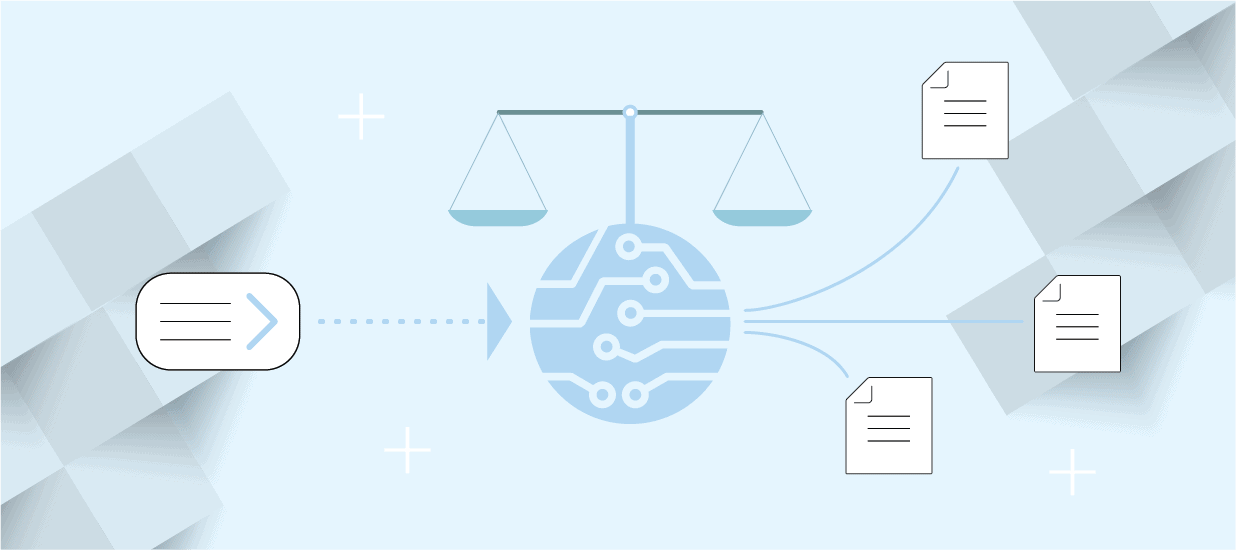Art of War is my favorite business book. It has everything we need to know to compete in the cut-throat world of technology. When it comes to competitive intelligence, Art of War is highly informative.
Know the enemy and know yourself; in a hundred battles you will never be in peril.
Sun Tzu
It is only one sentence but it contains so much knowledge. How does it apply to us, in a technology battlefield?
What weapons do we need to bring to the battle and how should we conduct ourselves for success?
Know the Enemy
Before entering into battle it is wise to have a thorough understanding of our enemy. What are his strengths? What are his weaknesses?
From a business perspective our enemy (competitor) has goals and has certain views about the market. He has plans for achieving those business goals, and those plans are set in motion. Our job is to figure all this out in advance, because the time to learn about our competition is not in heat of battle but beforehand when we can strategize and plan.
We want to be able to forecast how the competition will react in different circumstances, so we can find the shortest route to victory.
Know Yourself
What are our strengths? What are our weaknesses? How do they stack up against our competition?
Our strengths should not be used to attack our competitors strengths, unless we have an overwhelming force. Our strengths should be used to attack our competitors weaknesses. Find the soft underbelly of our competition and attack that. Is there a market segment they are ignoring? Is there a gap in their product line? Is there something they are unwilling to do – regardless of the reasons why – that you can exploit.
Now an army may be likened to water, for just as flowing water avoids the heights and hastens to the lowlands, so an army avoids strength and strikes weakness.
Conduct War Games with Competitors
Now that we’ve identified our competitors strengths and weaknesses, it’s time to play war games. Develop a set of attack plans targeting our competitors weaknesses. In each scenario, how will our competition react? What will they likely do? What won’t they do?
Evaluate each scenario based on the likelihood of winning the battle. We will find that some scenarios are more favorable than others. The goal is to identify the scenarios with the highest degree of success and focus there.
Some Battles are not Worth Fighting
How many times have you seen your salesforce get into competitive situations that they could never win, yet burn untold company resources trying?
Knowing our competition, knowing ourself, and simulating what might happen in a battle gives us the insight that some battles are worth fighting (and winning) and some are not. In some cases we should rally all our resources for victory and in others we should retreat.
Too often the request for help with a competitor comes after the battle has already started. The biggest lesson from Sun Tzu about knowing our competition is that we shouldn’t wait until the heat of battle to start to figure this out.
Author
-

Jim Semick, a veteran with 29 years in product marketing, has made impactful contributions at Microsoft, Citrix, AppFolio, Product Discovery, and ProductPlan. His expertise spans product management, entrepreneurship, business strategy, career path development, and leadership. For questions or inquiries, please contact [email protected].
View all posts







